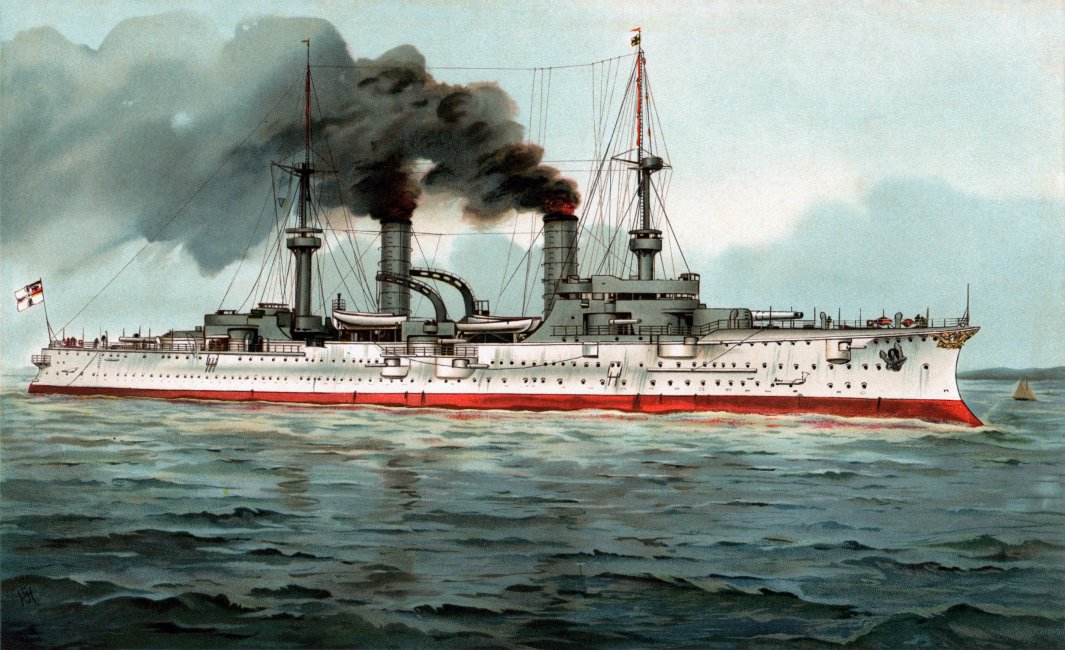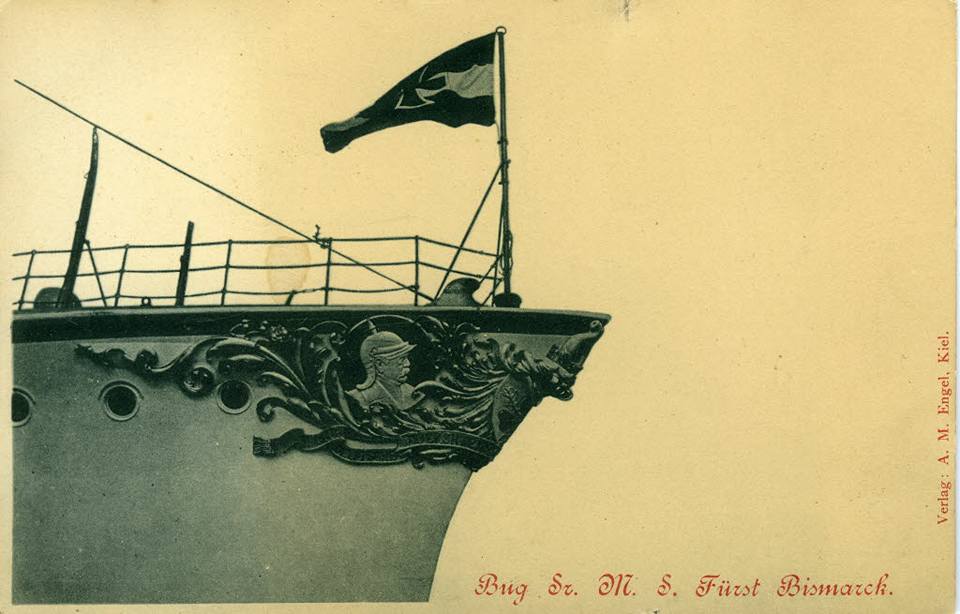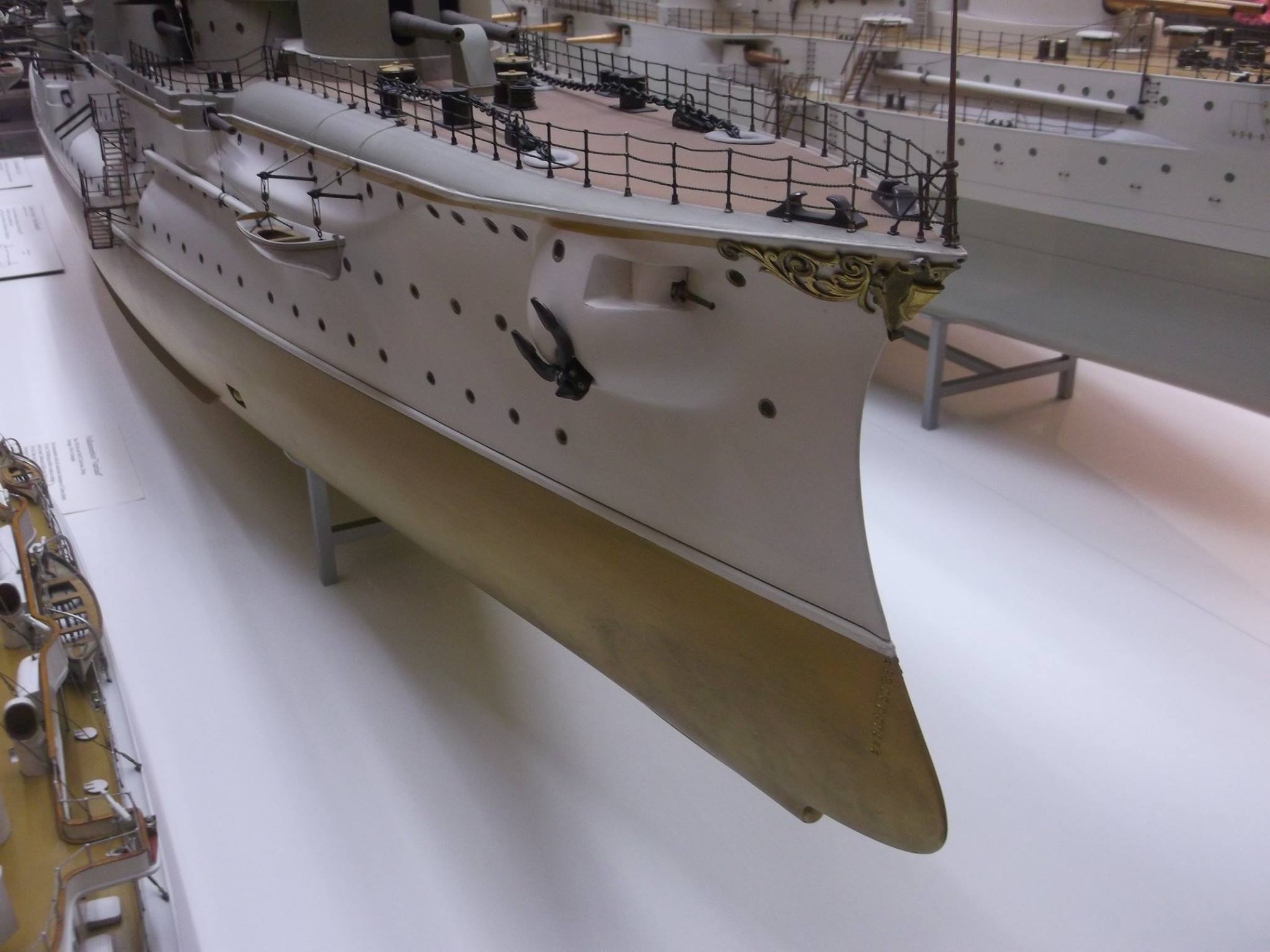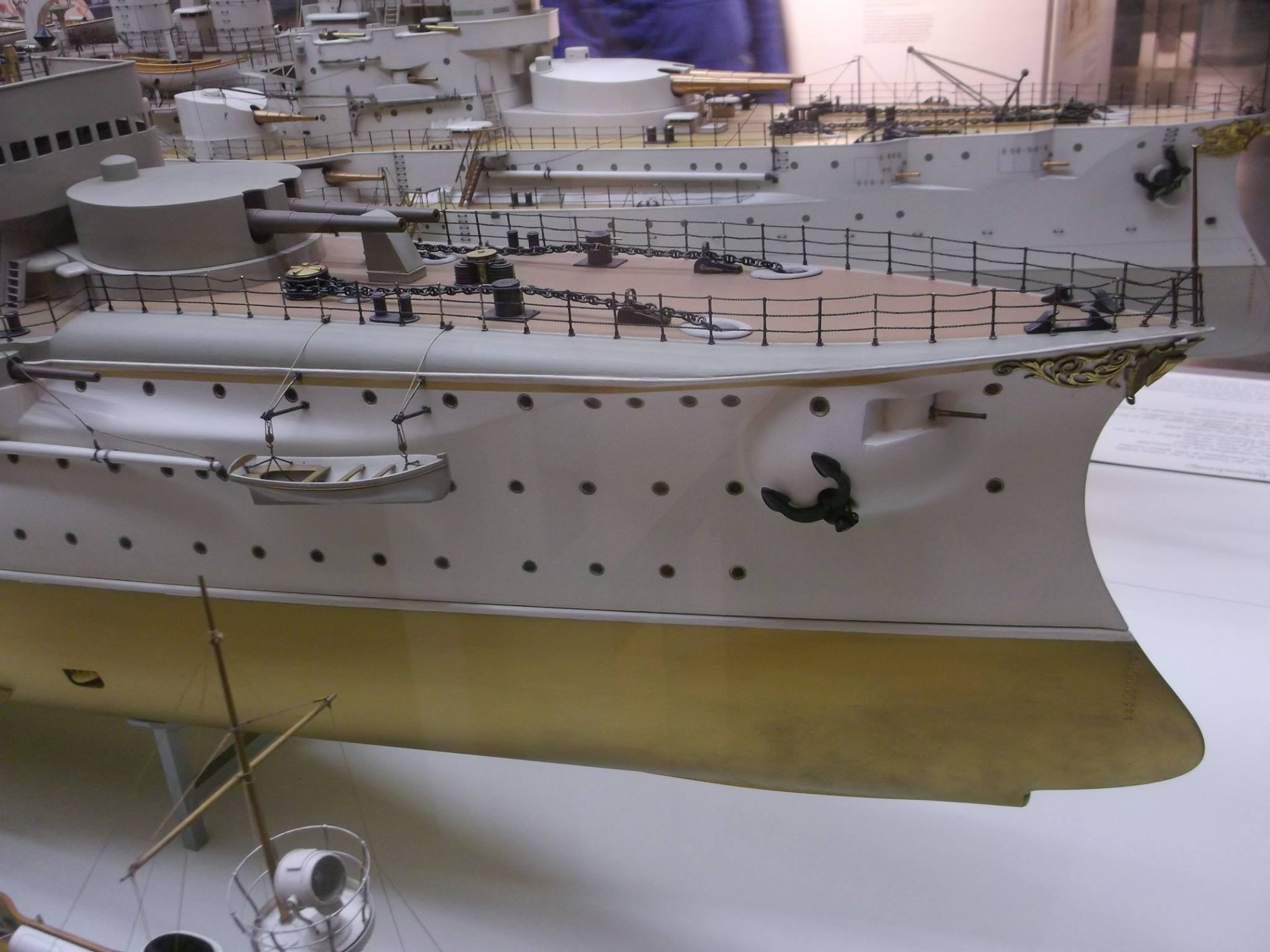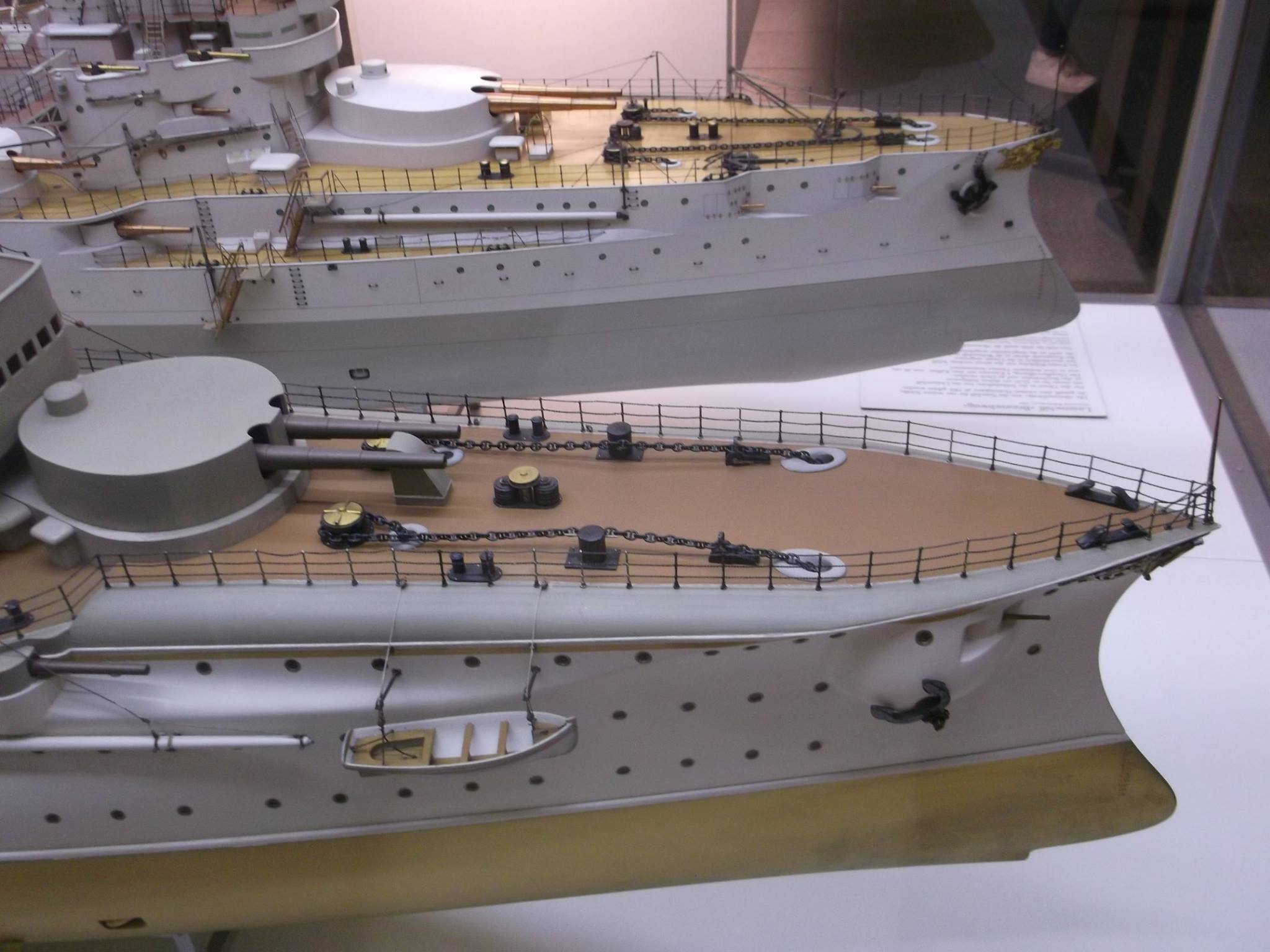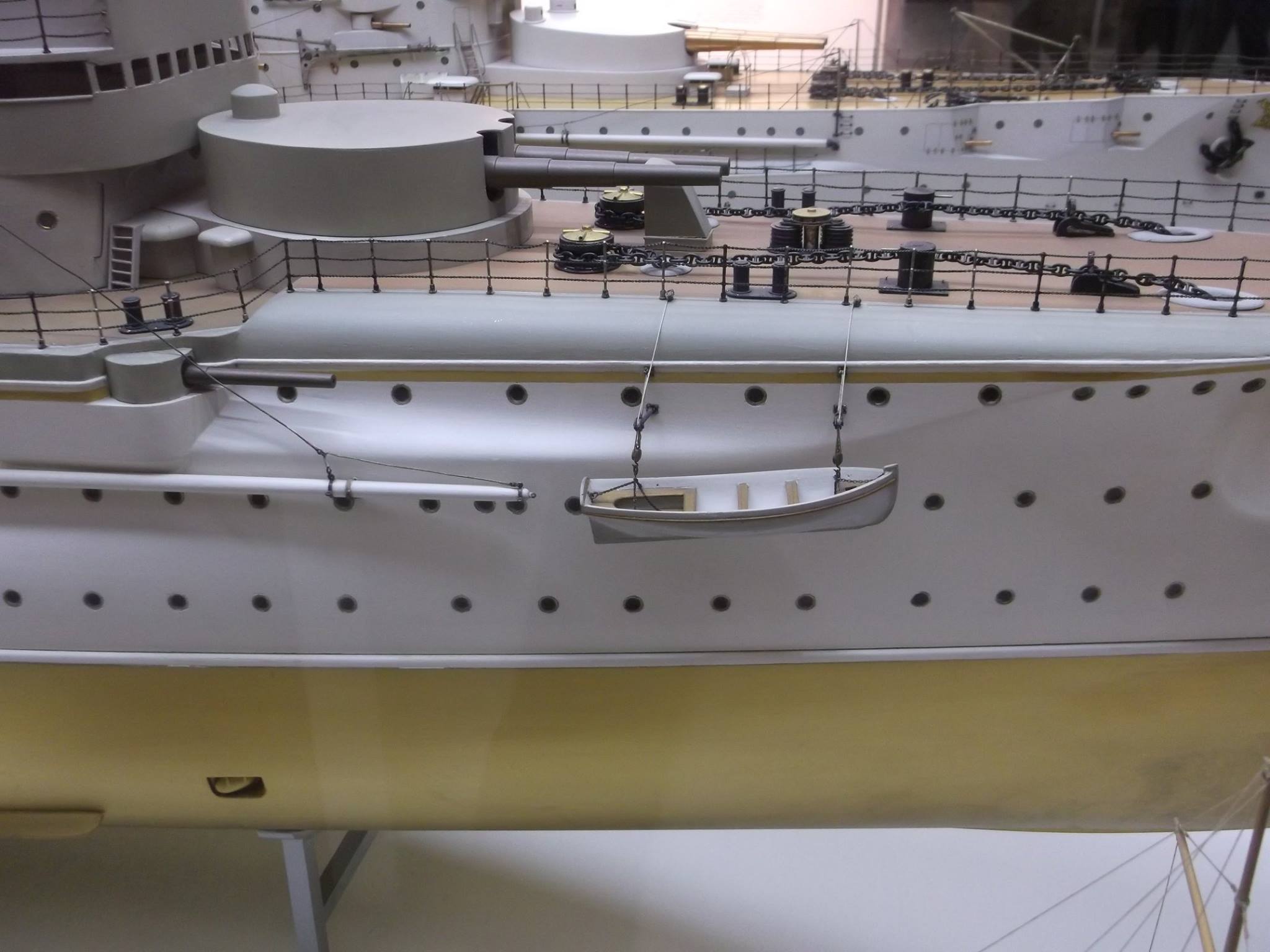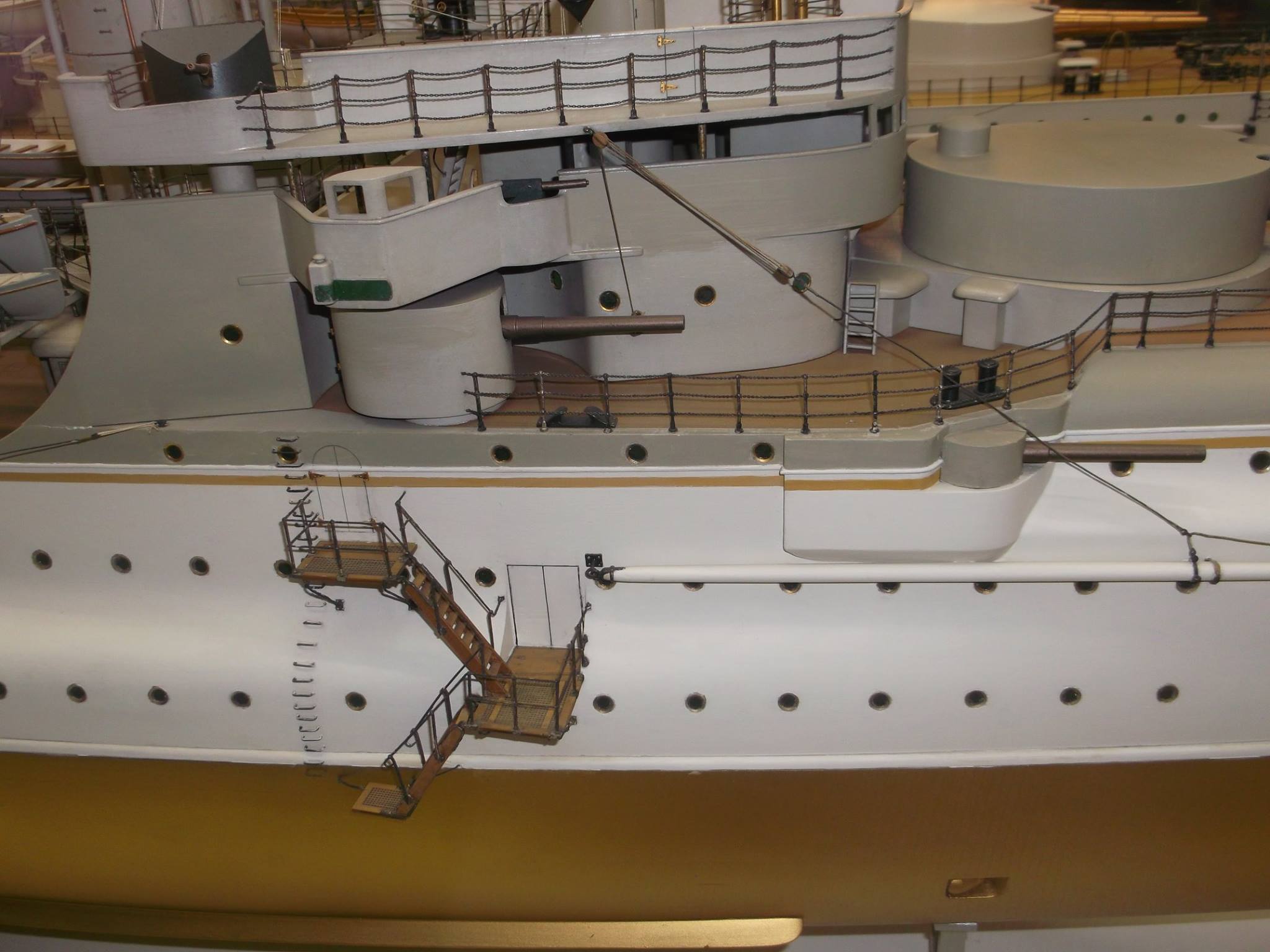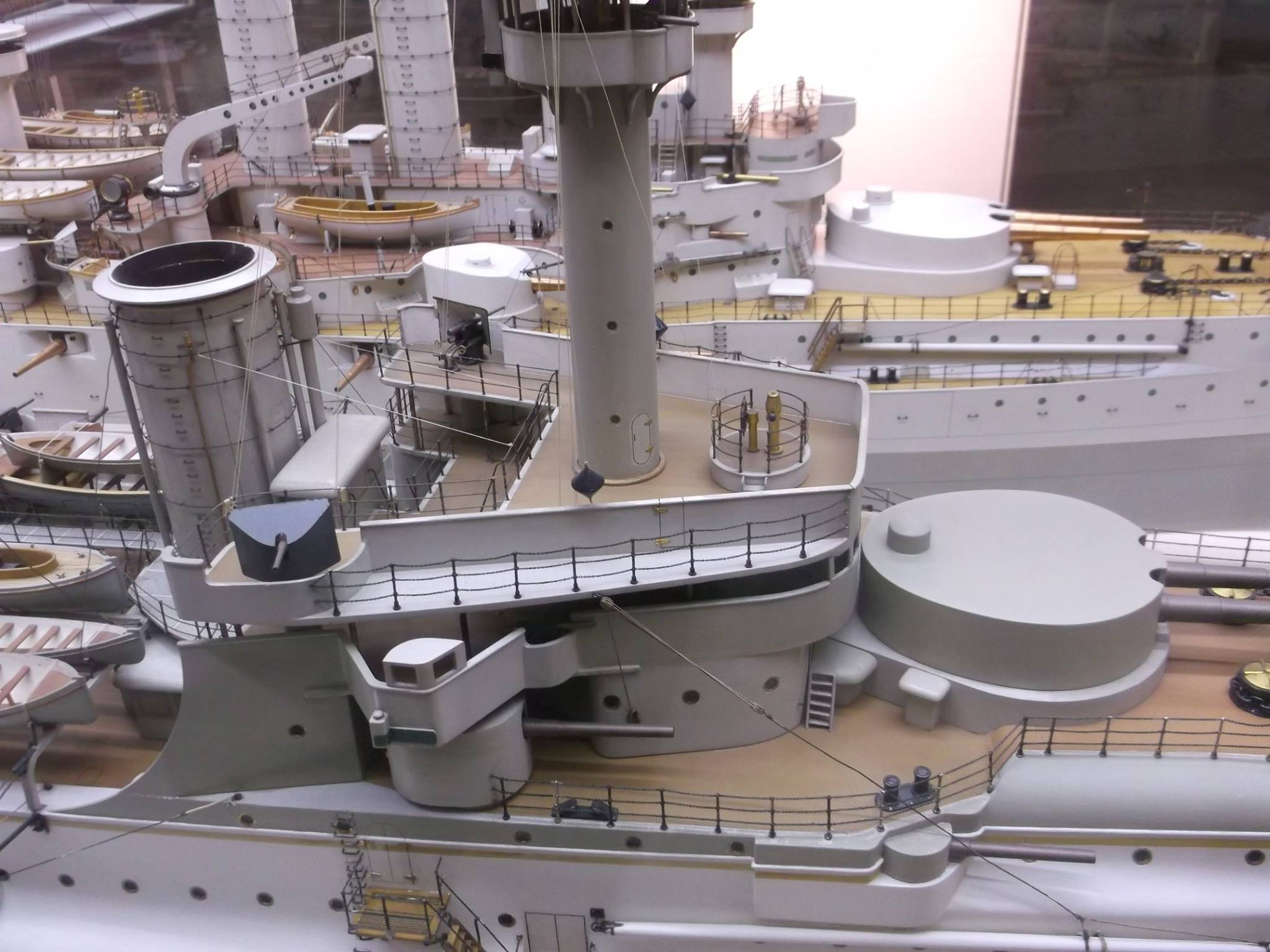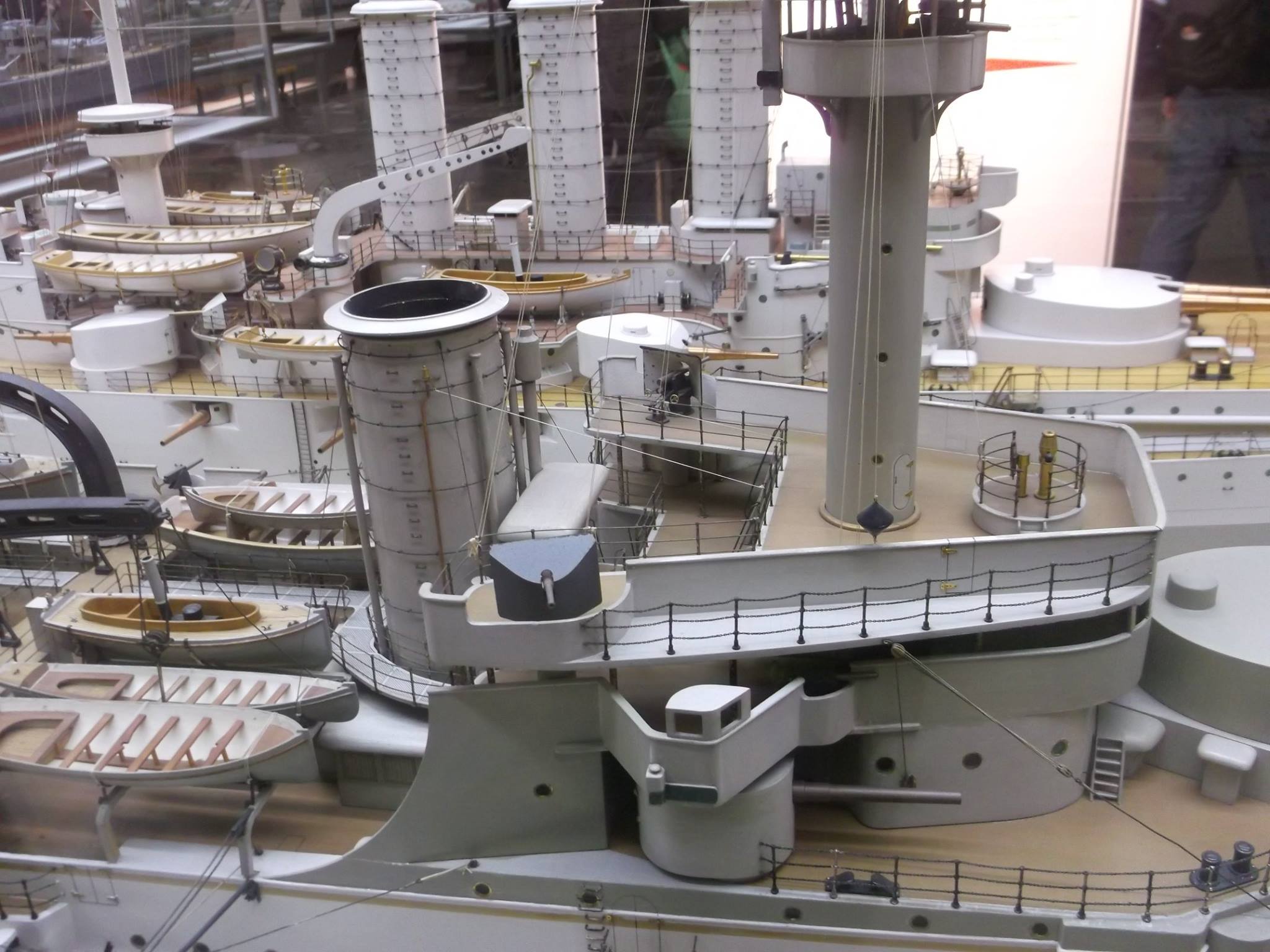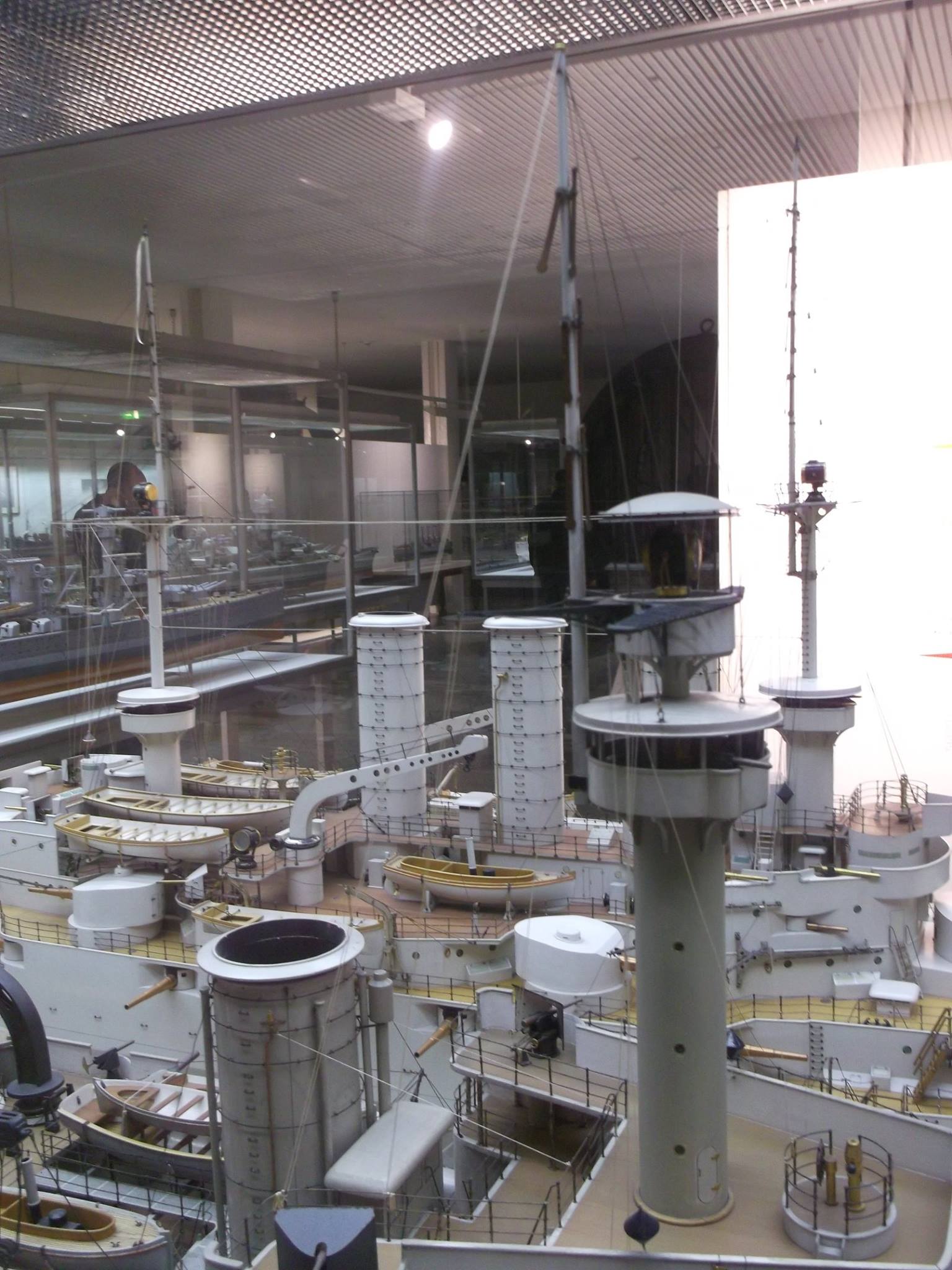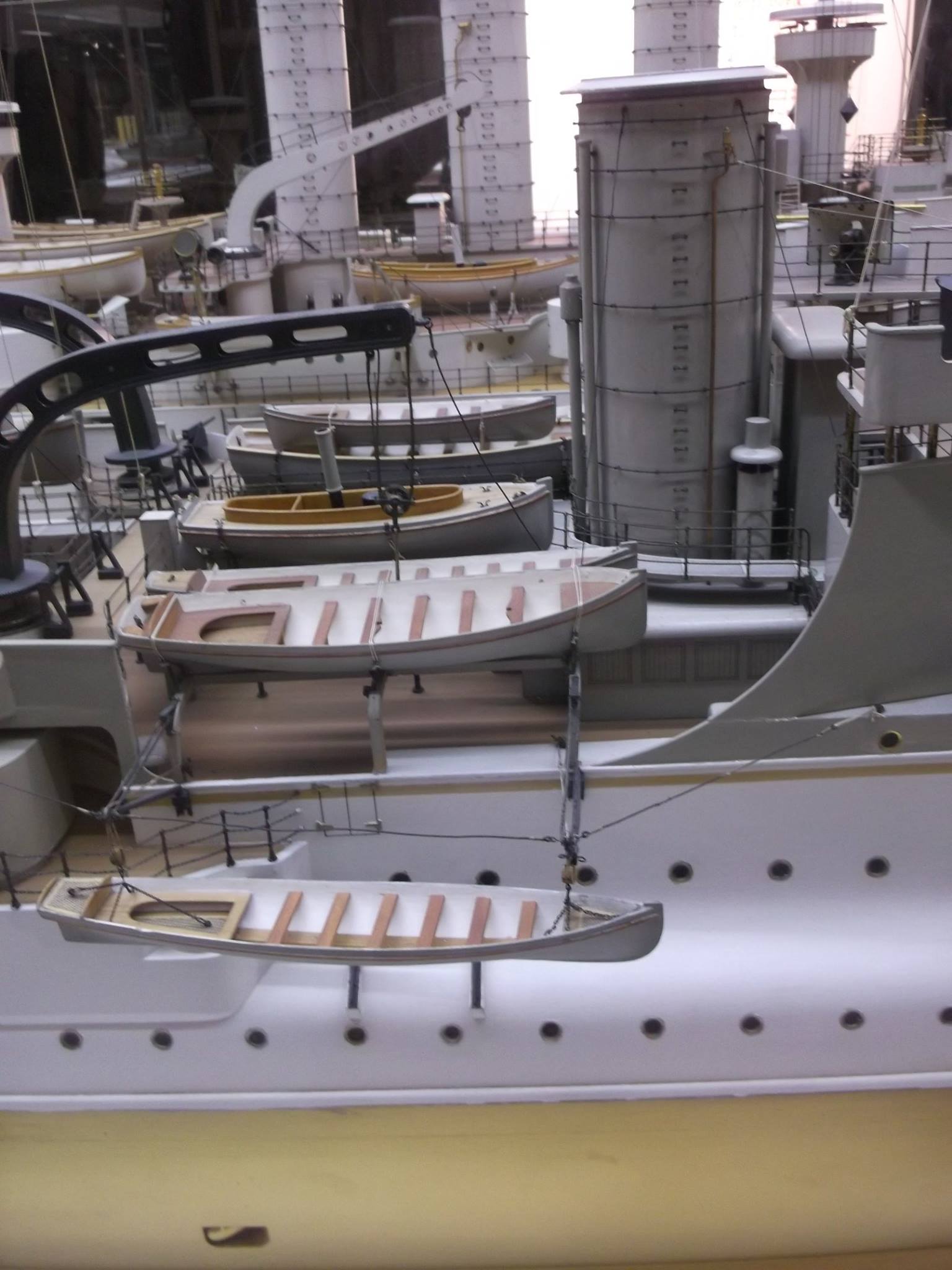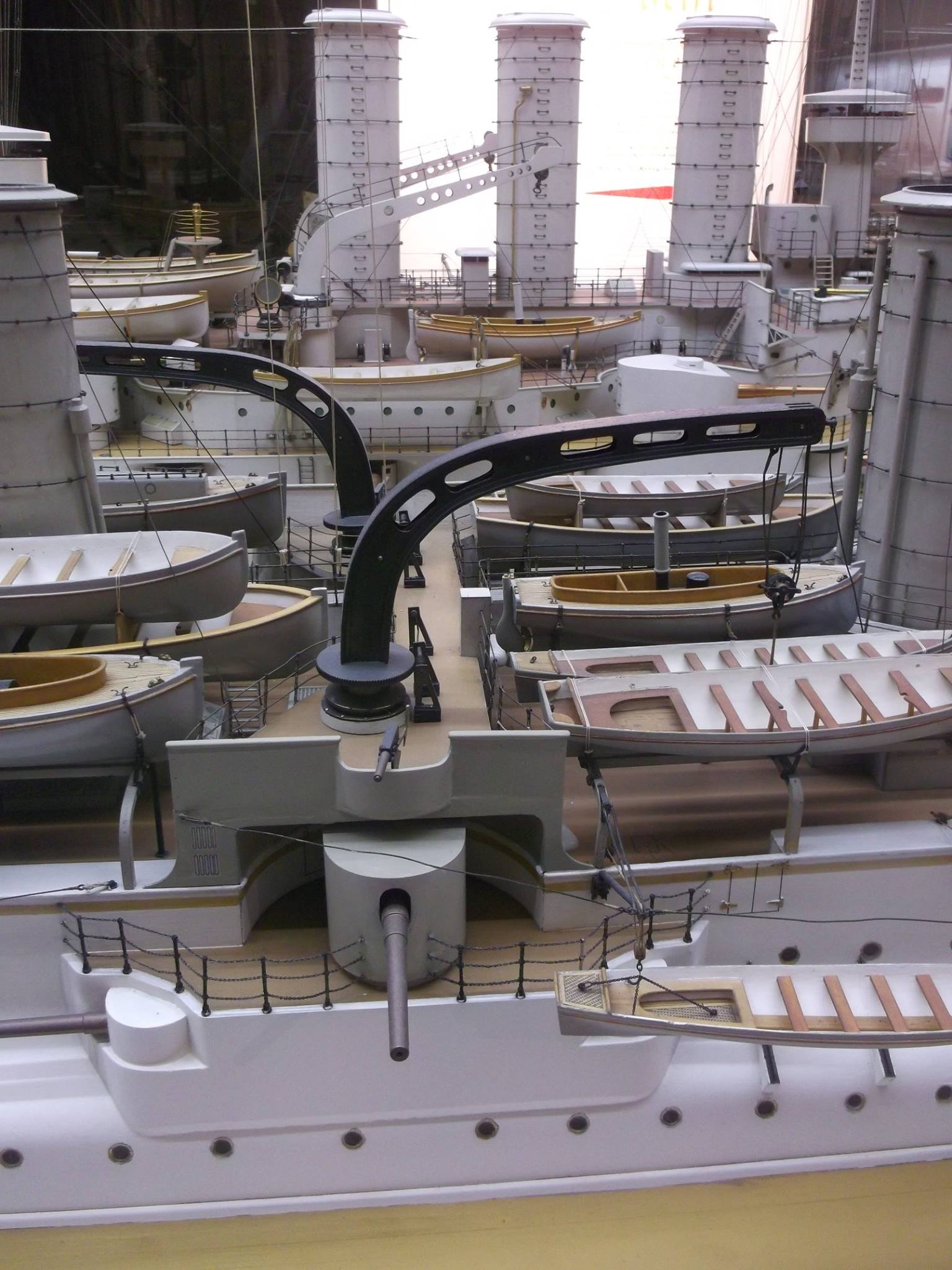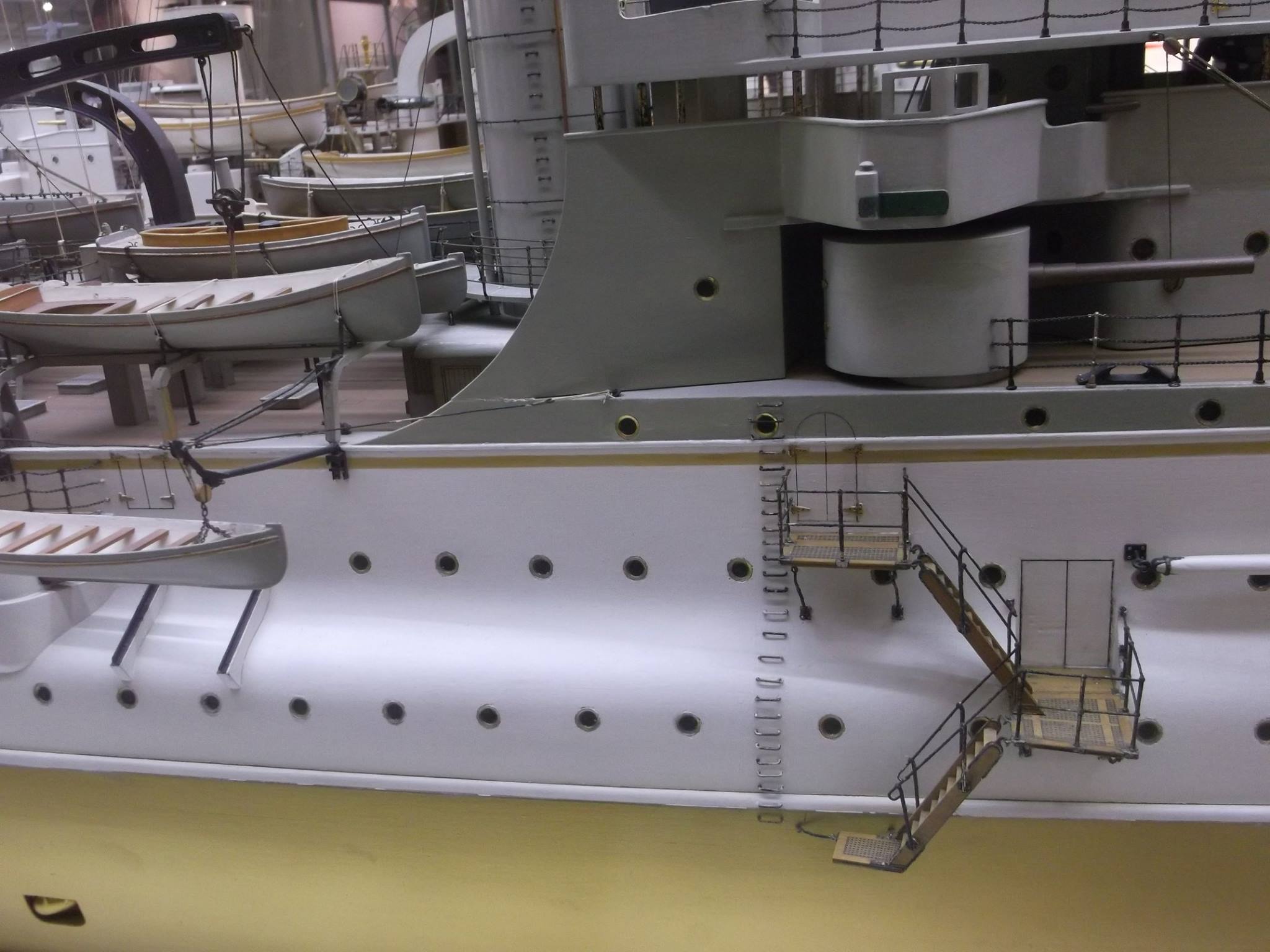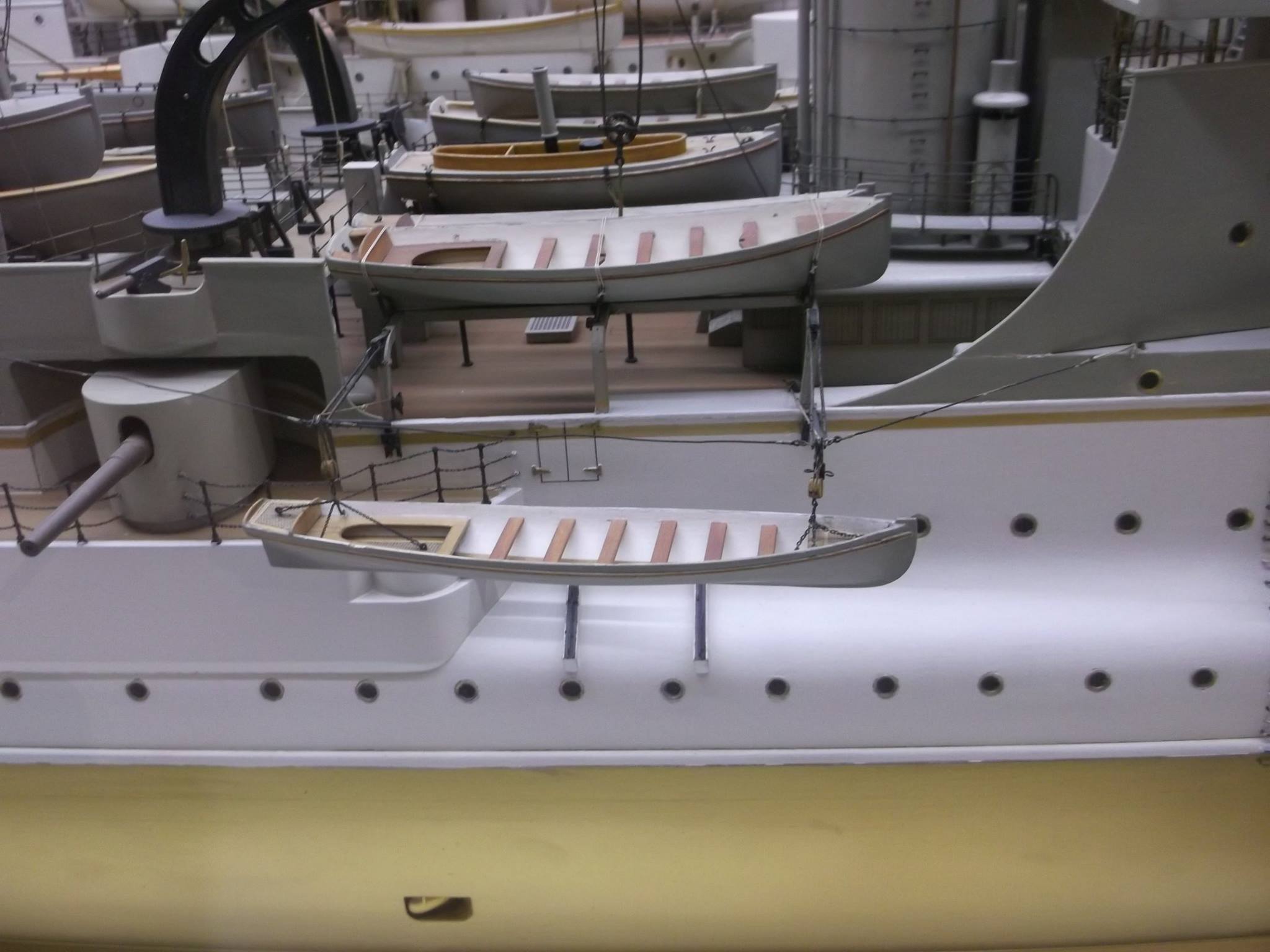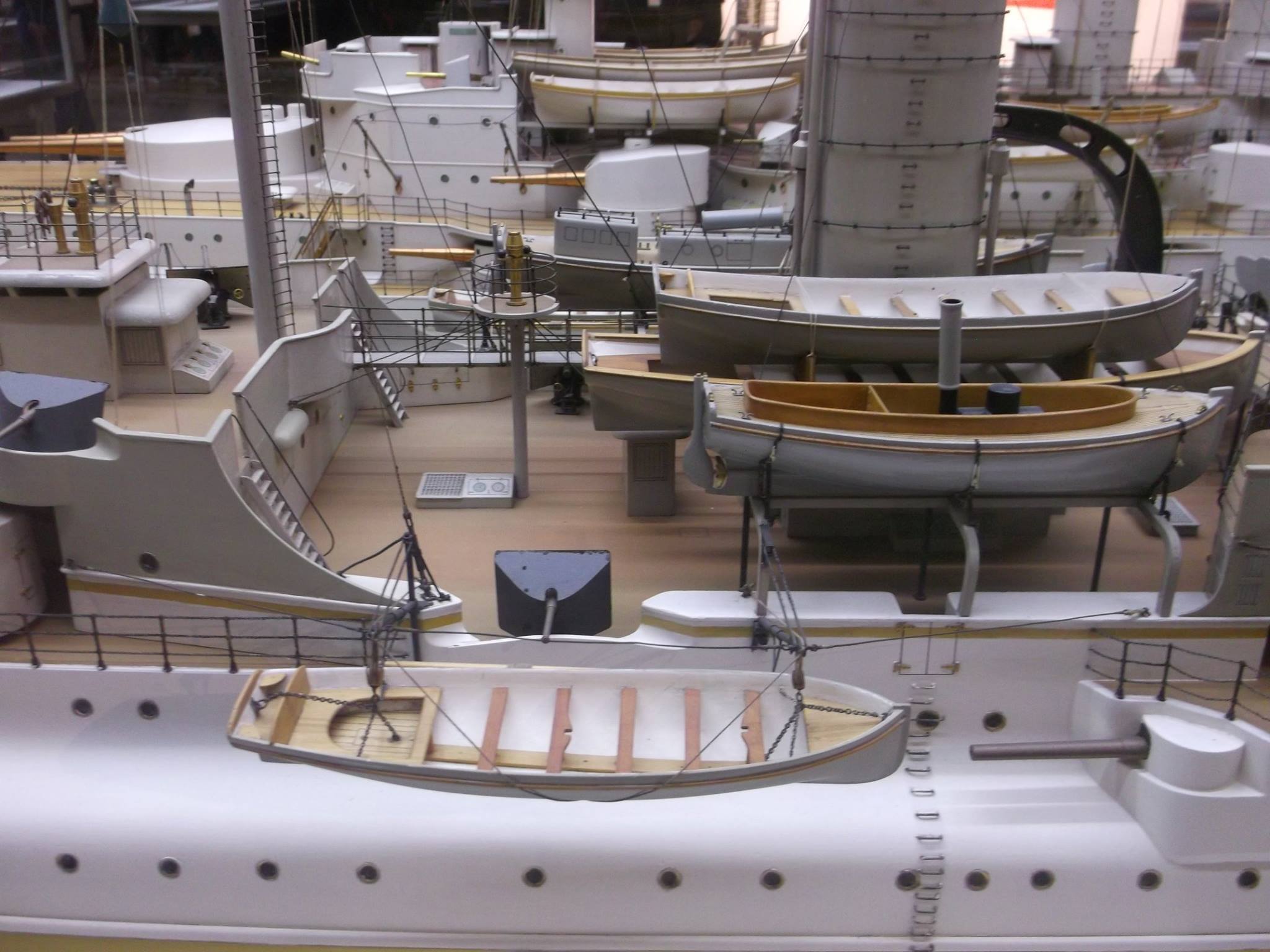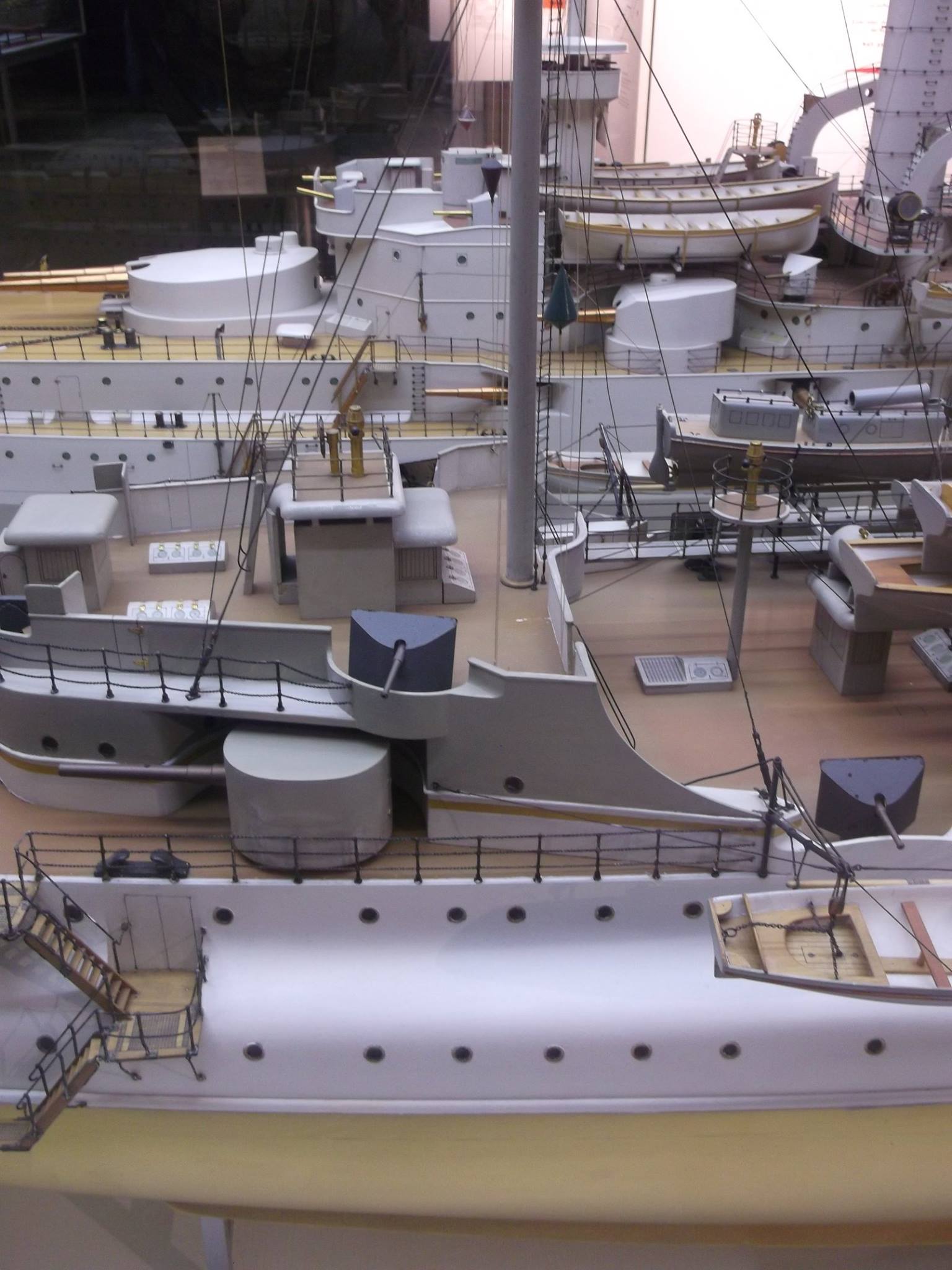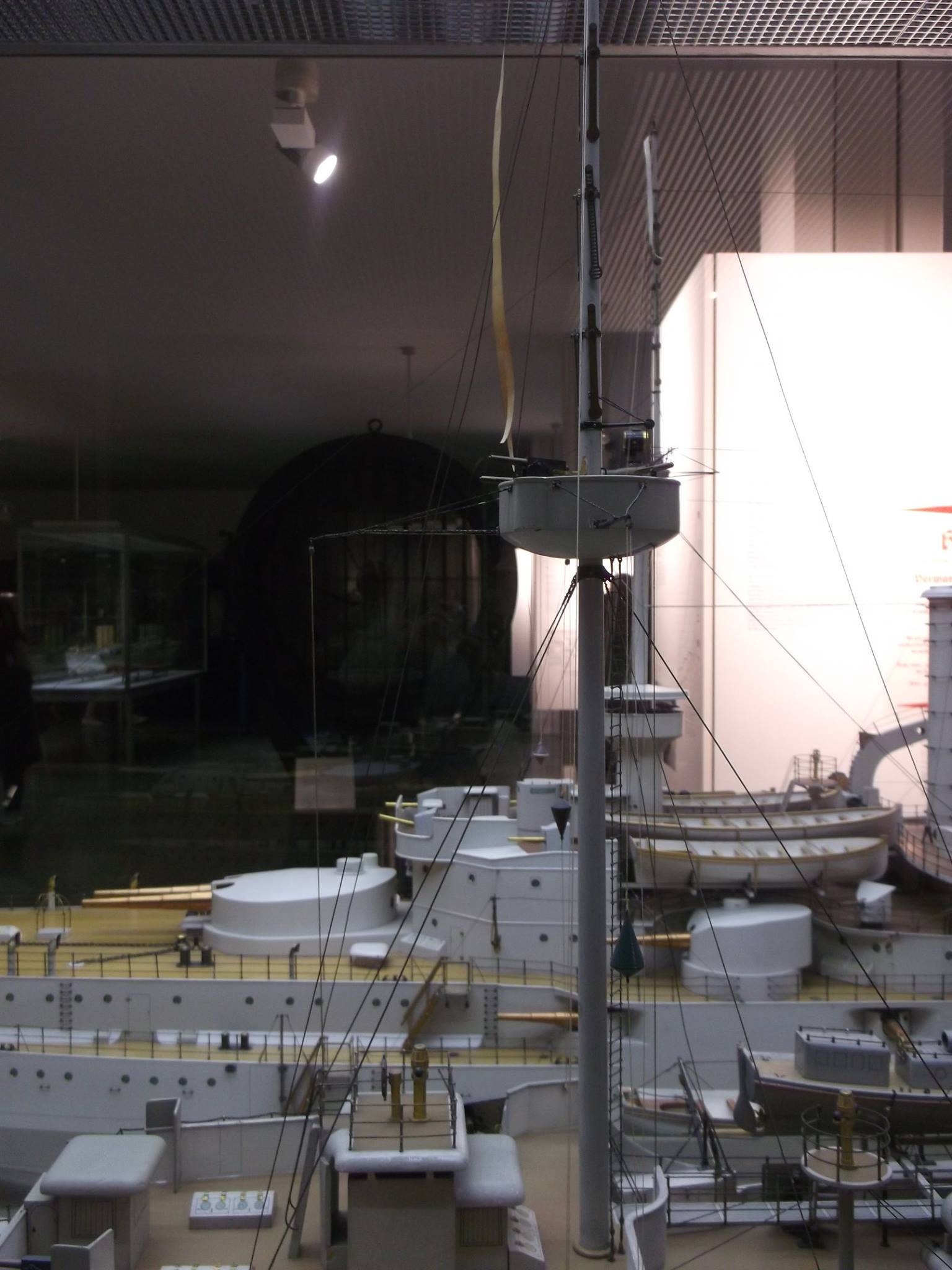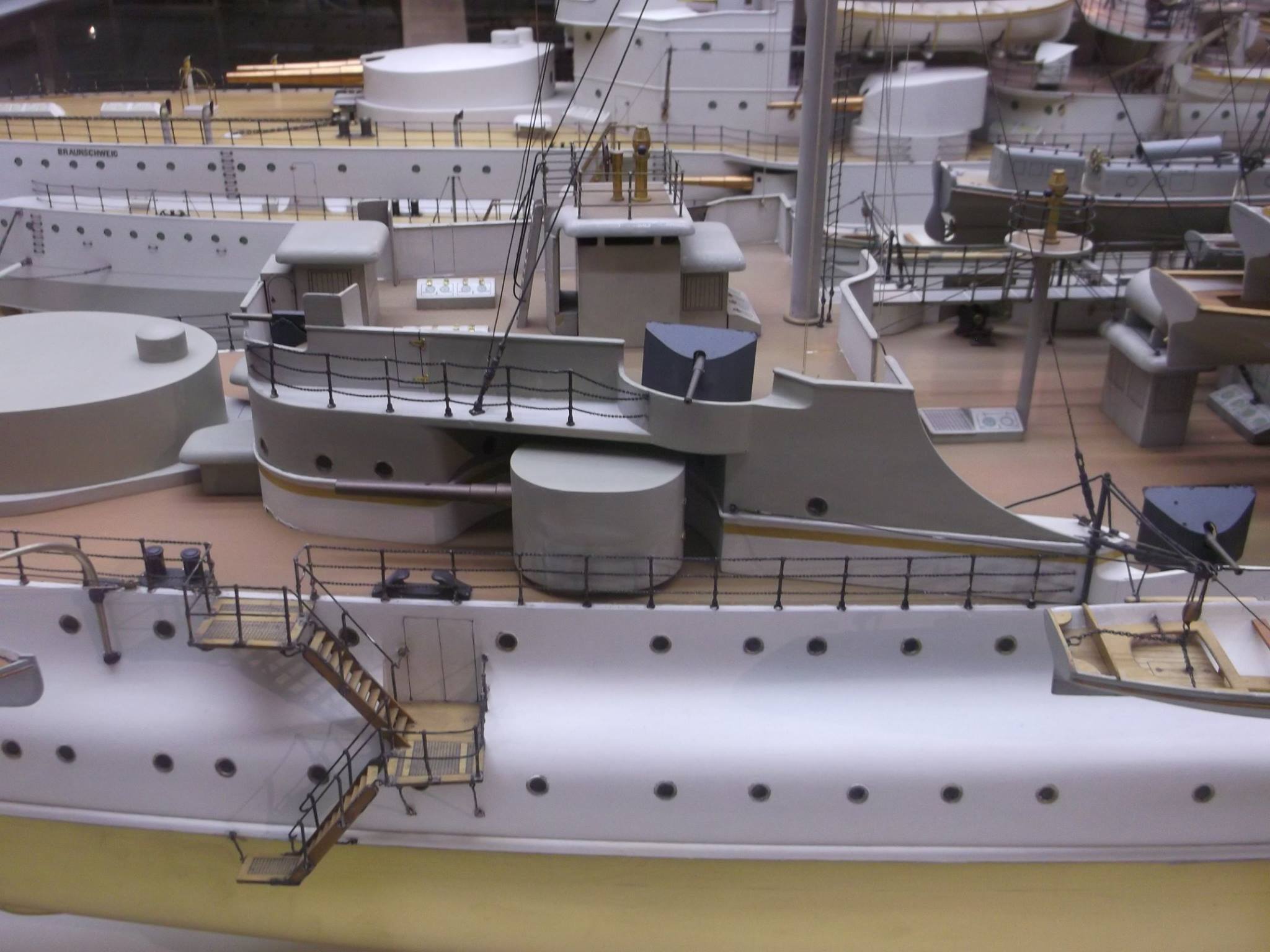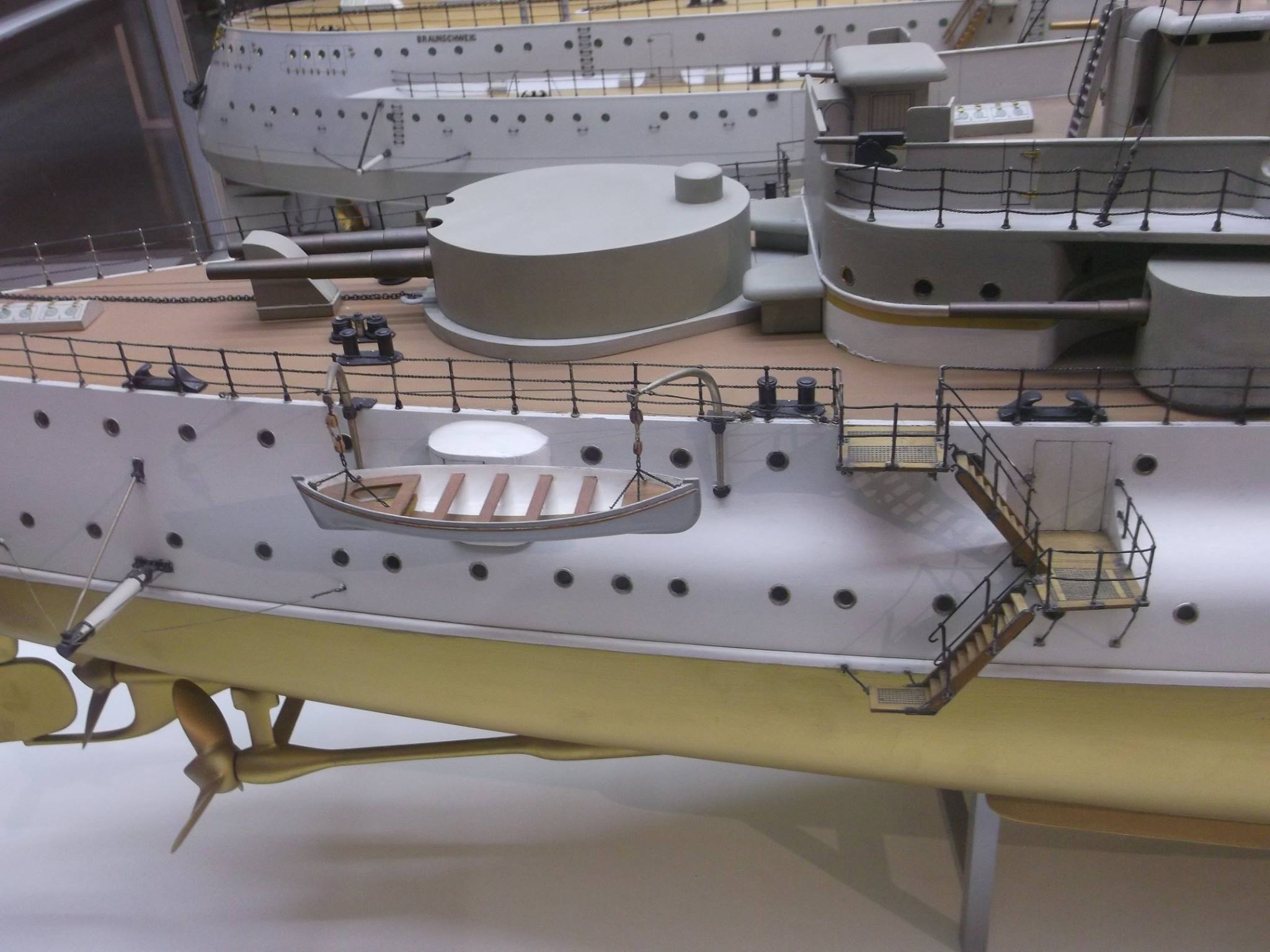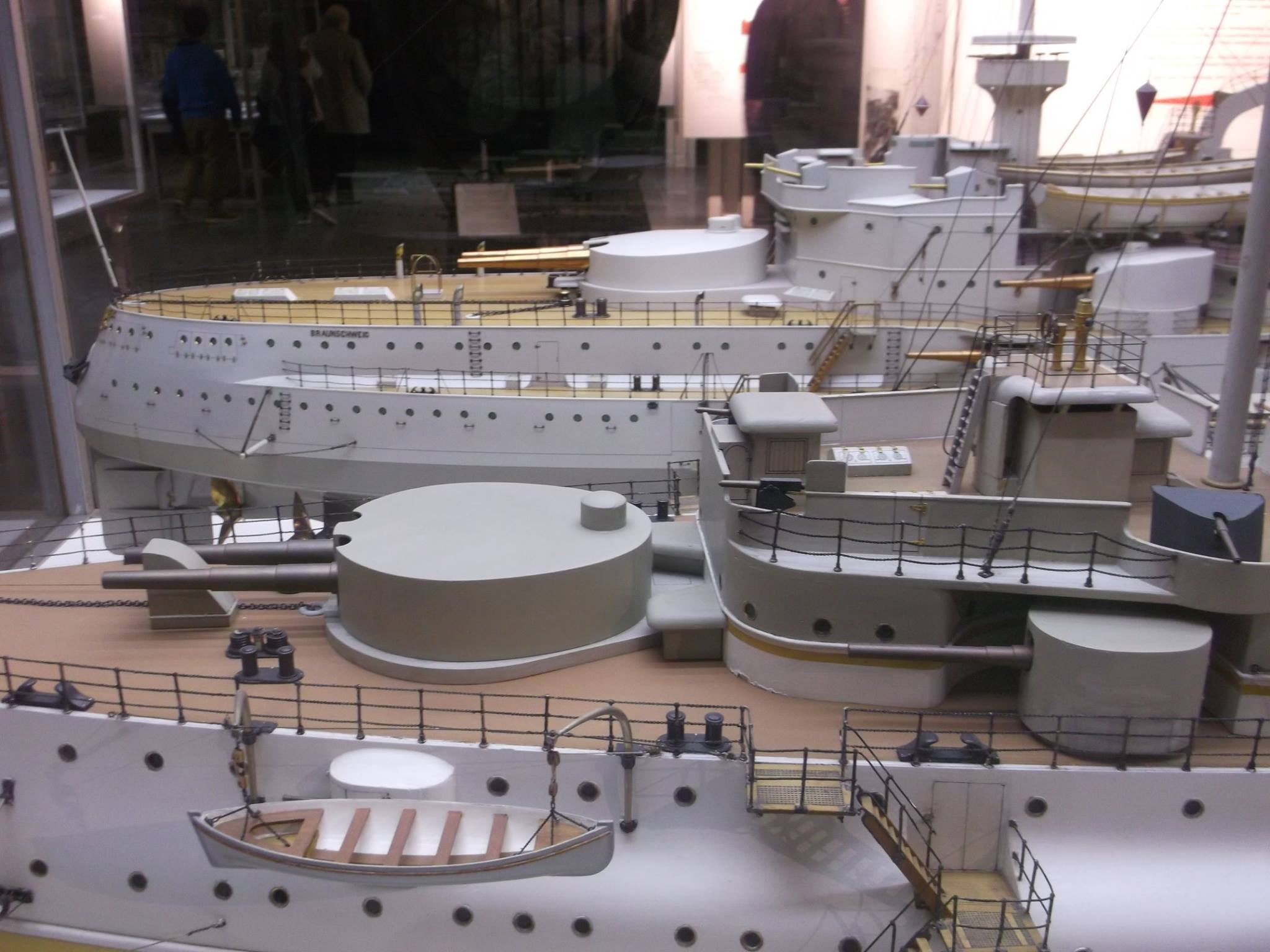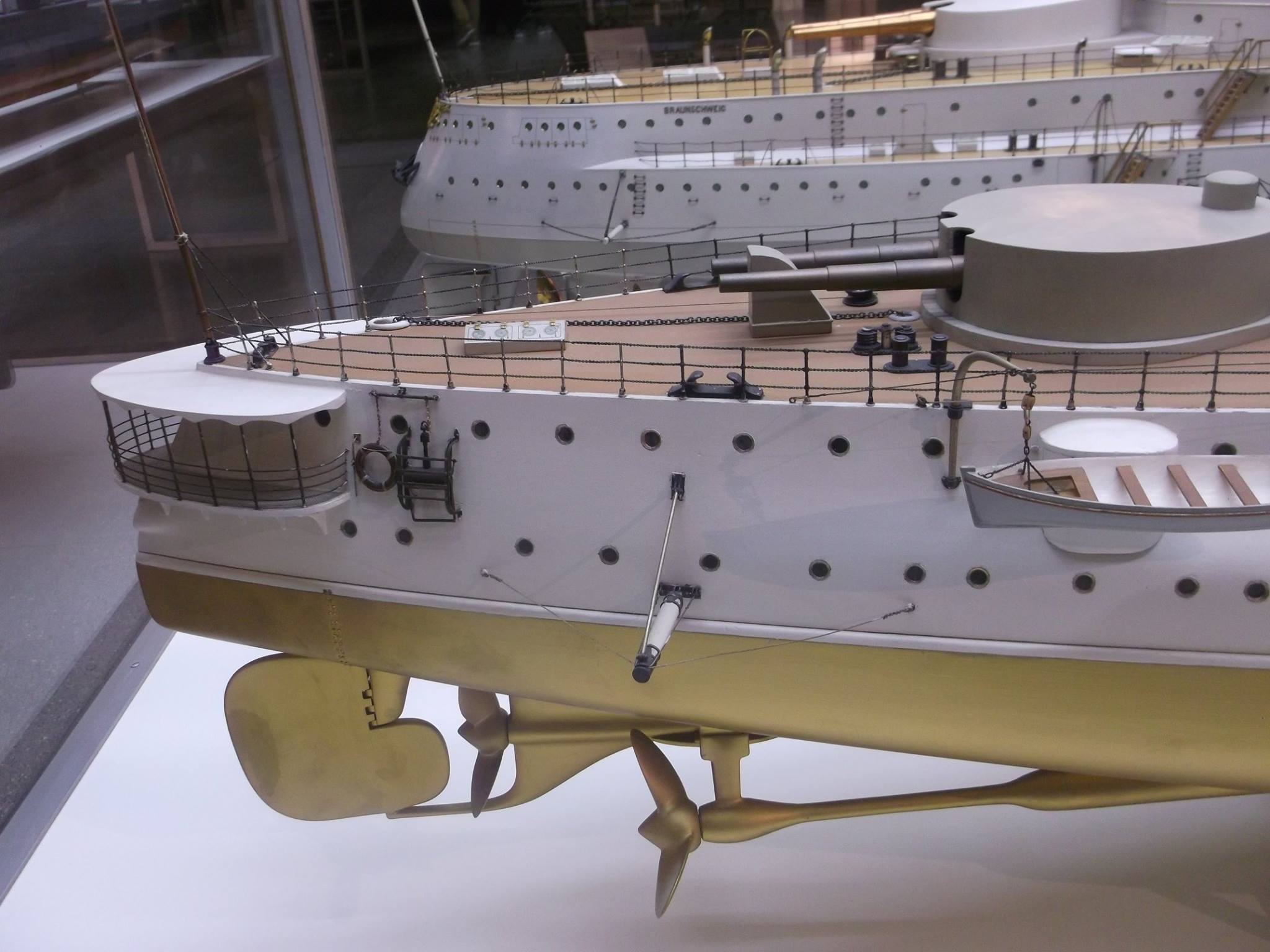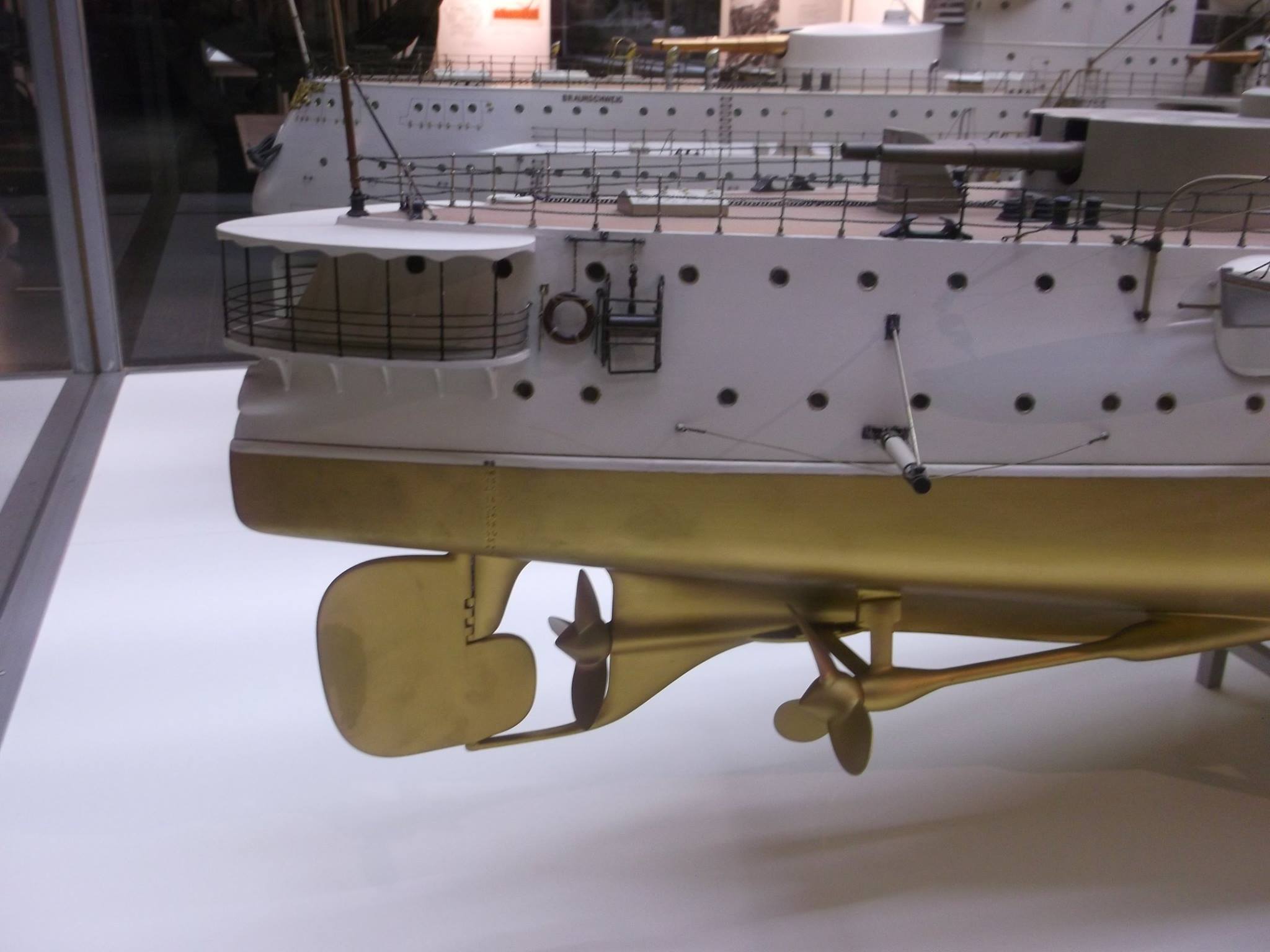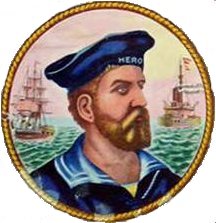SMS Fürst Bismarck (1897) SHIPS IMAGES FOR MODEL MAKERS
CLICK ON PICTURES FOR LARGER IMAGES
SMS Fürst Bismarck (1897)
SHIPS LINES AND DETAILS
BOW DETAIL VEIW
STD SIDE BOW SECTION AND DETAILS
BOW DETAILS
BOW FITTINGS DETAILS
FORWARD TURRET AND A SHIPS BOATS DETAIL
LOWER BRIDGE AND SECONDARY GUN DETAIL
UPPER BRIDGE AND FORE FUNNEL DETAILS
FORE FUNNEL AND SHIPS BOATS DETAILS
BASE OF FORE MAST DETAILS
SHIPS BOATS DETAILS
SHIPS BOATS AND BOAT CRANES DETAILS
MID SECTION DETAILS
SHIPS BOATS DETAILS
SHIPS BOATS AND MID SECTION GUN DETAILS
SHIPS BOATS AND MAIN DECK DETAILS
SHIPS BOATS AND AFT LADDERS DETAILS
AFT CONN POSITION DETAILS
AFT CONN DETAILS
AFT SECTION DETAILS DETAILS
AFT TURRET DETAILS
AFT HULL DETAILS
AFT TURRET AND SHIPS BOAT DETAILS
AFT END DETAILS DETAILS
AFT END DETAILS
AFT END DETAILS
---------
Fürst Bismarck
Namesake: Otto von Bismarck
Builder: Kaiserliche Werft, Kiel
Laid down: April 1896
Launched: 25 September 1897
Commissioned: 1 April 1900
Struck: 17 June 1919
Fate: Scrapped in 1919–1920
General characteristics
Class and type: Fürst Bismarck class unique armored cruiser
Displacement:
10,690
t normal
11,461 t full load
Length:
127 m (416 ft 8 in)
Beam: 20.40 m (66 ft 11 in)
Draft: 7.80 m (25 ft 7 in)
Installed power:
3-shaft triple expansion engines
13,500 hp (10,100 kW)
Speed: 18.7 knots (34.6 km/h; 21.5 mph)
Range:
4,560 nmi (8,450 km) at 10 knots (19 km/h; 12 mph)
3,230 nmi (5,980 km) at 12 knots (22 km/h; 14 mph)
Complement:
36 officers
585 men
Armament:
4 × 24 cm (9.4 in) (2 × 2)
12 × 15 cm (5.9 in) (12 × 1)
10 × 8.8 cm (3.5 in) SK L/30 (10 × 1)
6 × 45 cm (18 in) torpedo tubes
Armor:
Belt: 20 cm (7.9 in)
Turrets: 20 cm (7.9 in)
Deck: 3 cm (1.2 in)
SMS Fürst Bismarck (Prince Bismarck) was Germany's first armored cruiser.
She was built for the Kaiserliche Marine just before the turn of the 20th century.
The ship was named after the German statesman Otto von Bismarck.
The design for Fürst Bismarck was an improvement over the previous Victoria Louise-class protected cruiser.
Fürst Bismarck was significantly larger and better armed than her predecessors.
The ship was intended for colonial duties, and served as part of the East Asia Squadron until she was relieved in 1909.
The ship was rebuilt between 1910 and 1914, and after the start of World War I, she was briefly used as a coastal defense ship.
She proved inadequate to this task, and was withdrawn from active duty and served as a training ship for engineers until the end of the war.
Fürst Bismarck was decommissioned in 1919 and sold for scrap.
----------

